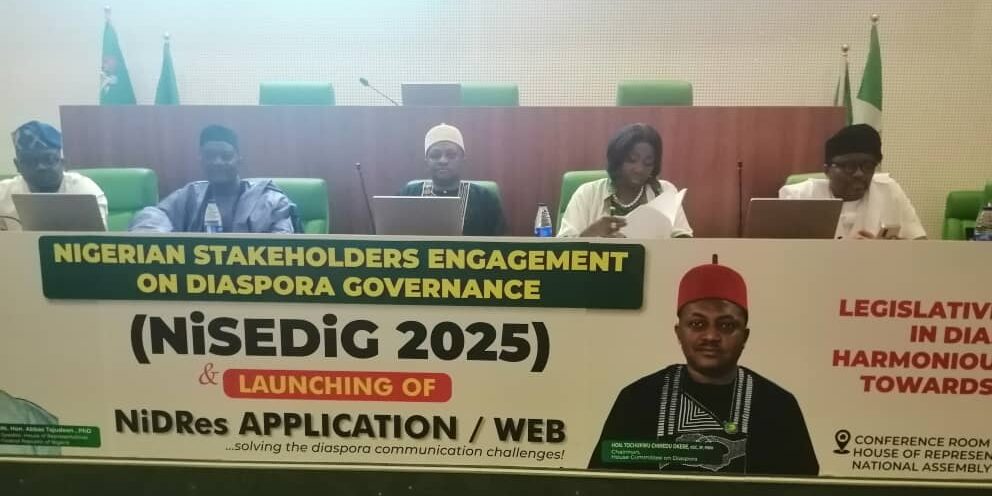According to Mr. Wale Edun, Minister of Finance and Coordinating Minister of the Economy, the Federal Government intends to expand its direct cash distribution scheme to reach more impoverished and vulnerable Nigerian citizens. On Tuesday, Edun announced at the Oxford Global Think Tank Leadership Conference and Book Launch in Abuja that the initiative now assists over 15 million families across the country.
He stated that, while progress had been made in stabilizing inflation and the exchange rate, more efforts were required to lift Nigerians out of poverty and ensure that citizens felt the impact of ongoing economic changes.
According to the minister, the cash transfer system is transparent and accountable, with each beneficiary verifiable using digital records.
“There is an attempt to ensure that the pains of reform are immediately alleviated. That’s why there is a transparent, accountable, and robust system of providing direct payments to 15 million households,” Edun said.
“In some places, people say they haven’t heard of anyone receiving the payments. We immediately call for the data to verify this because each individual is identified by name, national identity number, and paid digitally—either to a bank account or mobile wallet. There is accountability, transparency, and a record.”
Edun stated that the government intends to expand the initiative further to reach more beneficiaries at the grassroots level as part of larger measures to mitigate the effects of economic reforms.
He also announced that a new ward-based development project is being launched to direct resources to Nigeria's 8,809 wards across 774 local government areas.
“This will empower economically active people at the ward level—small businesses and cottage industries—by providing support and financing. It’s a key element in ensuring that the benefits of current reforms and improvements reach right down to the local level,” he explained.
Speaking at the event, Dr. Arunma Oteh, founder of the Oxford Global Leadership Think Tank, stressed that Nigeria needs patient capital to drive sustainable growth and address its infrastructure deficit.
She explained that the country must raise its infrastructure investment to about 12 percent of GDP to close the gap. “China, for instance, has consistently invested around 24 percent of its GDP in infrastructure. At our best, we only manage 4 to 5 percent. To make meaningful progress, we need to increase this to at least 12 percent,” she said.
Oteh also underscored the importance of preparing young Nigerians for leadership roles, noting that continuous investment in both human capital and infrastructure is essential for long-term economic transformation.








